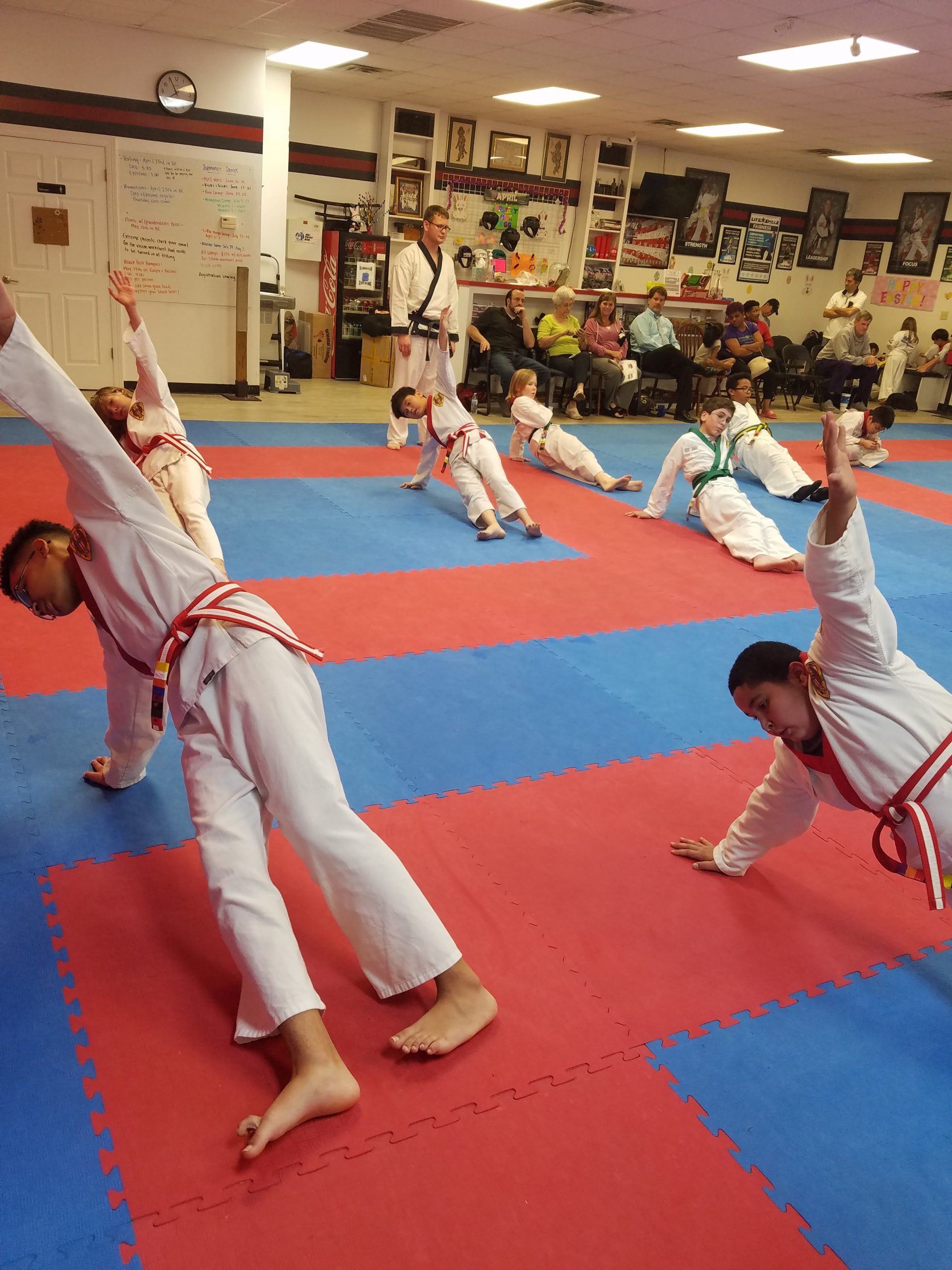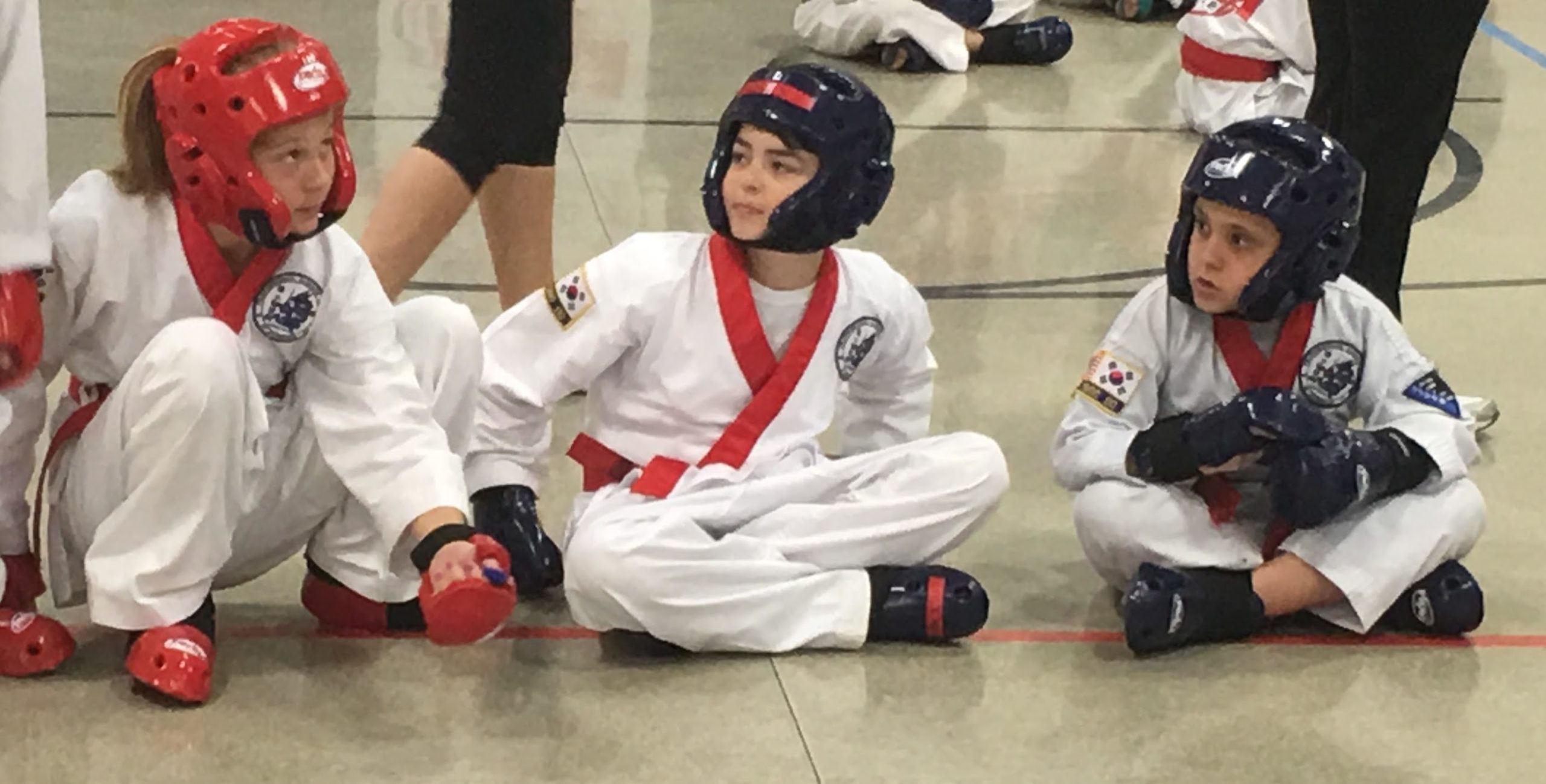This article is by Melody Johnson, who is the creator and founder of the SKILLZ program. The American Family Martial Arts programs for ages 3&4 years old (Tiny Tigers), ages 5 & 6 years old (Little Ninjas), ages 7-9 years old (Core) and ages 10-14 (Extreme) utilize.
As parents, we want what’s best for our children, and we also want our children to give it their best when they participate in extra-curricular sports and activities. The problem is, we sometimes get caught up in our desire to see our children perform well and we speak up at the wrong times. With that said, I’ve put together some details about how coaching from the sidelines plays a retro-active role in our child’s emotional development. 
(Please note as it relates to this article, I’m focusing on a martial arts parent because that’s the environment I’m an expert at when it comes to this topic. However, this information is easily related to other sports and activities.)
 For starters: your child’s brain is already occupied with so many thoughts. Take a sparring match for example:
For starters: your child’s brain is already occupied with so many thoughts. Take a sparring match for example:
- Which technique should I throw?
- What technique is my opponent going to throw?
- What if I get hit?
- What did my instructor just say?
- What did my classmate just say?
- What did my parent just say?
- Was that other parent talking to me?
- What are the rules about hitting the head again?
- What if I miss?
- What is the score?
- How much time do I have left?
You can imagine this a lot to think about, and when your parent is yelling at you, chances are the emotional cup will run over!
How about a simple class where your child is learning a ‘hyung?’ (form) Here’s what’s going on in your child’s mind:
- What move is next?
- Is it my left hand, right hand, left foot, right foot?

- What did my instructor just say?
- What did my parent just say?
- What will my classmates think if I make a mistake?
- What will my instructor think if I make a mistake?
- What will my parents think if I make a mistake?
- How many moves do I have left?
Again, there’s a lot of ‘movement’ going on with your child’s neurons, and your coaching from the sidelines, be it positive or negative, could make your child’s emotional stability fall off balance.
But let’s not forget that your coaching is a distraction to other people besides just your child:
- It distracts the other students.
- It distracts other parents.
- It distracts the instructors.
So, although you have good intentions with coaching from the sidelines (the top dangers of sideline coaching), there are more productive options:
Give your child tips and encouragement before class or competition. Things along the lines of:
-
- do your best today
- leave today’s worries in your shoes & just focus on class
- focus on the instructor
- have fun!
- Remain silent unless you see your child look to you for advice or support. Dump the GPS and let the kids drive.
- Provide constructive feedback after class or competition

- that class seemed to go well. what did you like best?
- You didn’t like X? What could you do different next time?
- everyone struggles learning new things sometimes. Do you remember when you first started and you couldn’t do X? and now you can!
- High school coaches speak their mind over often tense relationships
Hopefully this article sheds some light on coaching from the sidelines, and prompts you to take more constructive steps towards your child’s performance in extra-curricular sports and activities. The goal should be to help foster growth and development, as well as encourage the fun out of it. After all, it’s the great memories that last a lifetime.
If you are interested in your child joining American Family Martial Arts and learning not just punching and kicking but life skills, give American Family Martial Arts a call at 225.272.5425 or check out our website at www.americanfamilyma.com. We have locations in Baton Rouge and Prairieville.

Master Tullier and family learning from Master Melody Shuman. She’s in the black t-shirt.
Melody Johnson has over 25 years of experience in the Martial Arts. Melody earned her black belt in 1988 in New Orleans, and since then has achieved many accomplishments in her Martial Arts journey.
Melody has dedicated a lot of her time researching and developing some of the best methods for teaching children. Melody’s latest career move is the development of her age-specific curriculums branded as SKILLZ. This is the very first of its kind and is getting a lot of attention for her systematic approach to skill-based Martial Arts training. Endorsed by some of the nation’s leading child psychologists, including the late Dr. Ruth Peter’s, Melody has left a huge footprint on the Martial Arts industry with her age-specific programs. Currently there are over 150 licensed SKILLZ schools in over 9 countries. Melody received her mastership in 2005.










